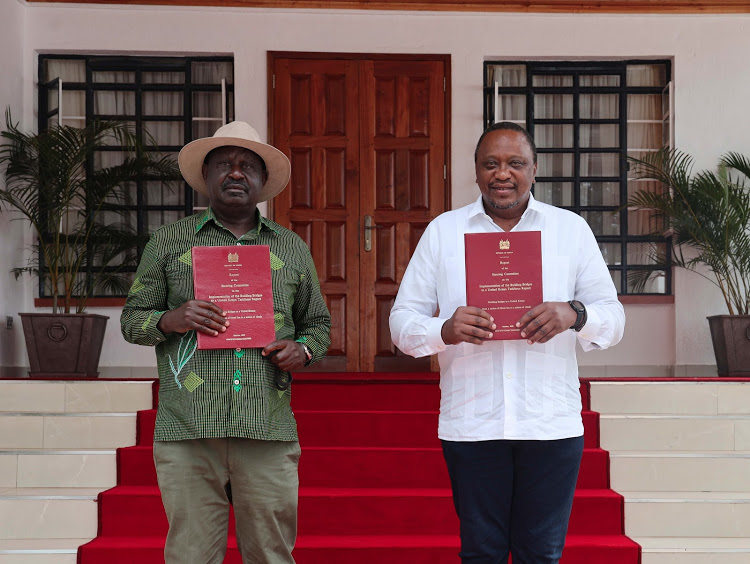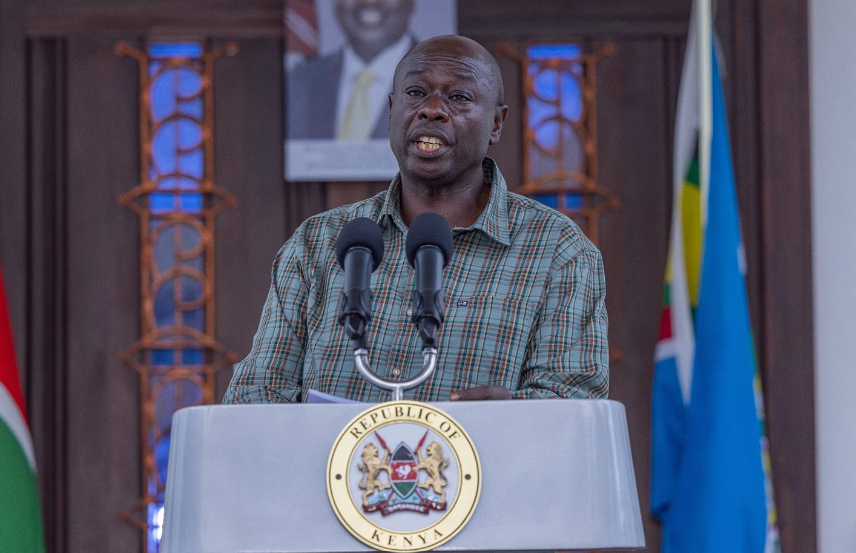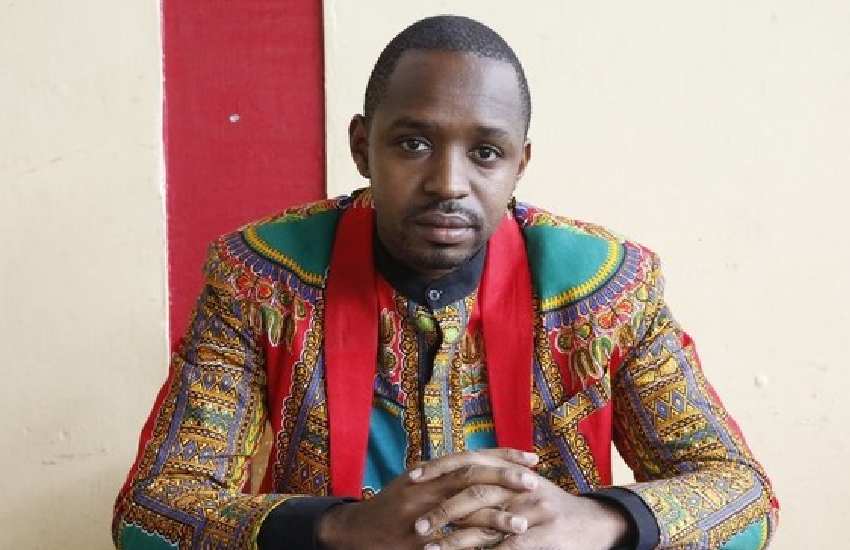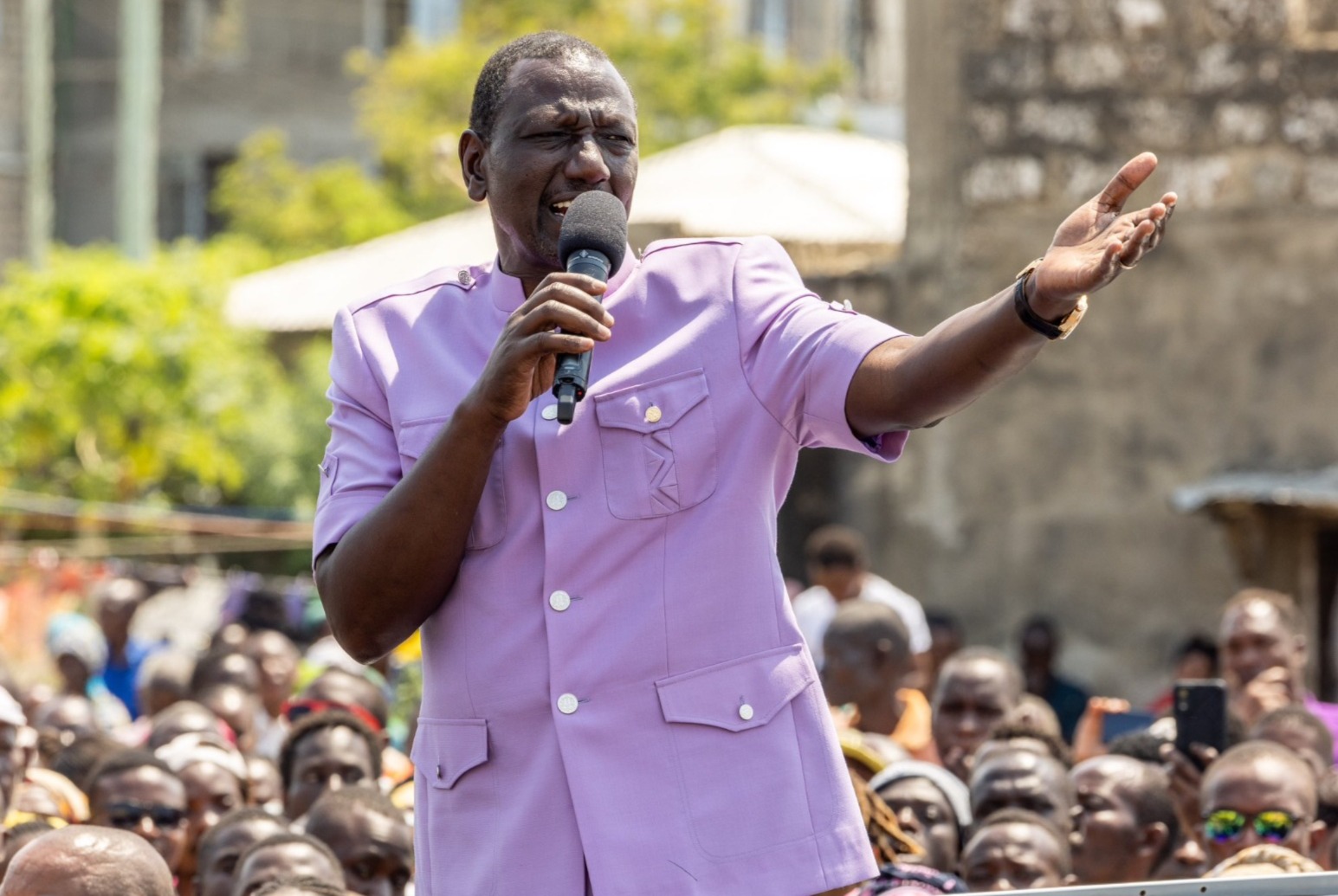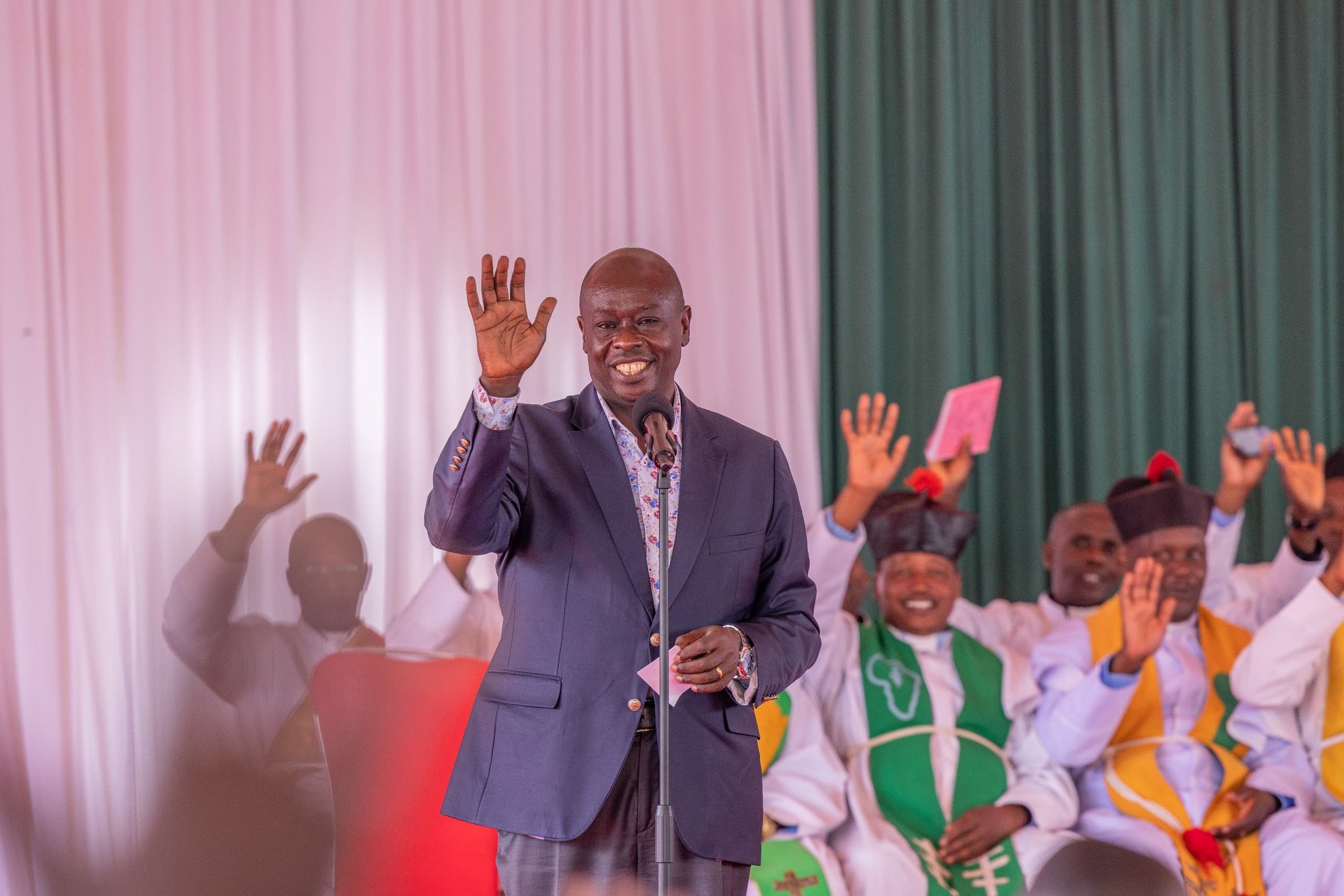Renowned Kenyan lawyer Kamotho Waiganjo has weighed in on the Building Bridges Initiative (BBI) noting that it may not be subjected to a referendum as many have been thinking.
In an opinion piece published by one of the local dailies, Kamotho noted that the referendum may not happen due to three reasons.
According to him, BBI can adopt the Parliamentary route and later be accented by the President without going to the people.
He argues that for a referendum to occur, the Bill must be rejected by more than half of MPs in both houses; a move he notes is almost impossible owing to the support the BBI bill is enjoying from across the political divide.
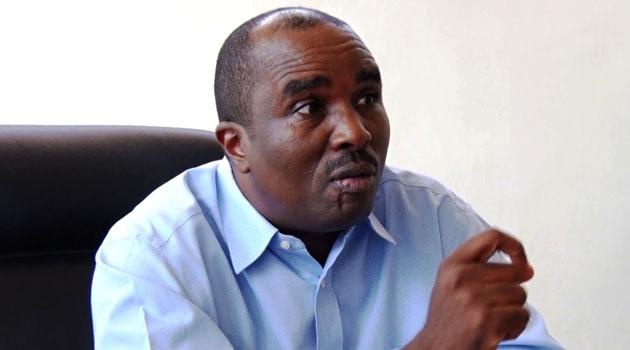
Read More
Secondly, he argues that BBI only requires a referendum if it contains any of the protected provisions set out in Article 255.
“I have read and re-read the amendment Bill and I am not convinced that it expressly contains any of these protected provisions, unless one argues that the removal of the Cabinet approval provisions affects the functions of Parliament or that the appointment of the Judiciary Ombudsman offends judicial independence…These are arguable points and the promoters of the BBI may prefer to take a risk and only go for a referendum if it is decreed by the courts,” he opined.
Lastly, Waiganjo is of the opinion that the political mood in the country may not be suitable for a referendum.
“The current political mood in the country is generally anti-establishment, despite all the infrastructure and other development programmes initiated by government…The Hustler narrative, both as a political and a socio-economic movement has gained ground. It is increasingly finding acceptance across the social spectrum in a country where “we” all feel excluded by “them”,” he said.
